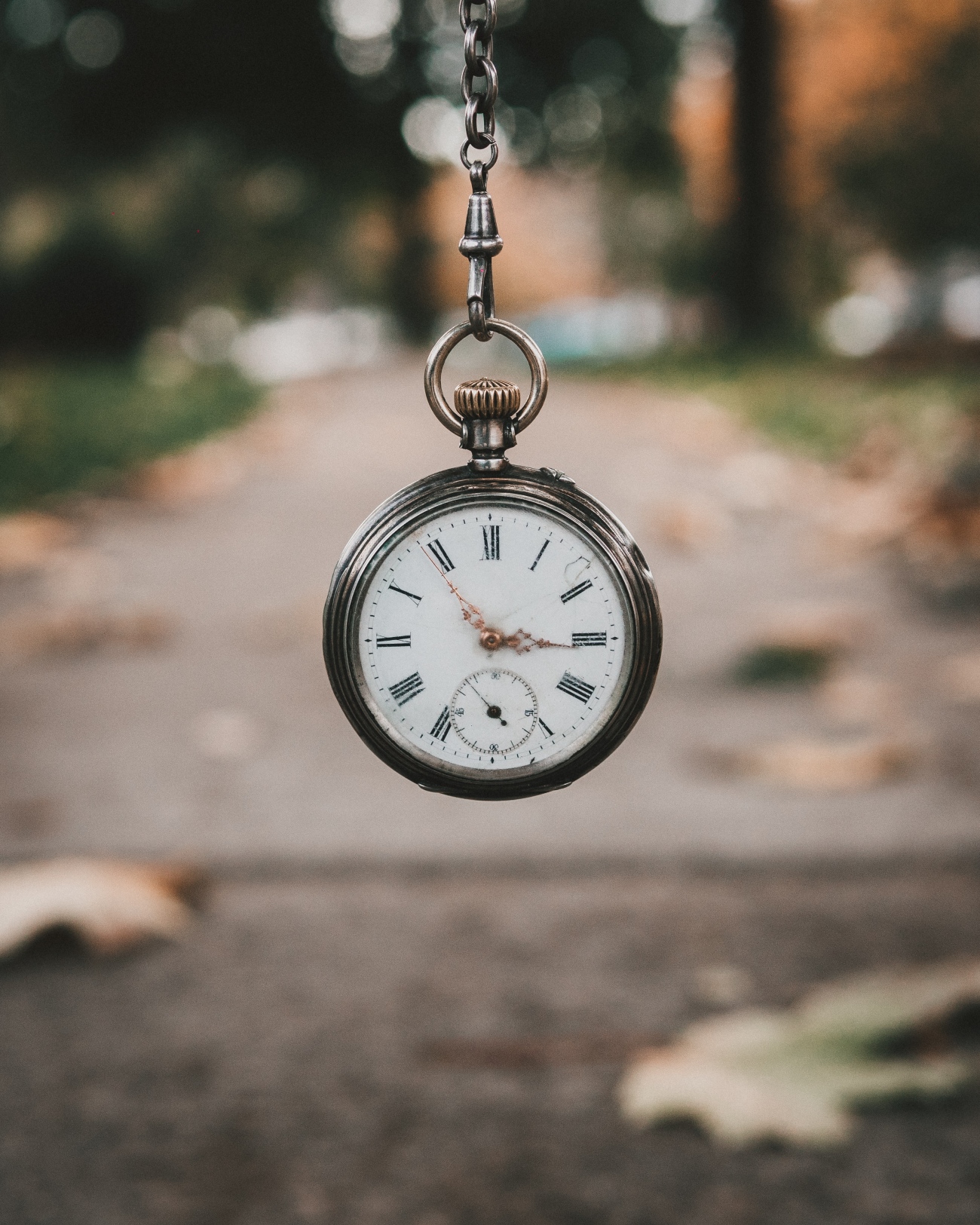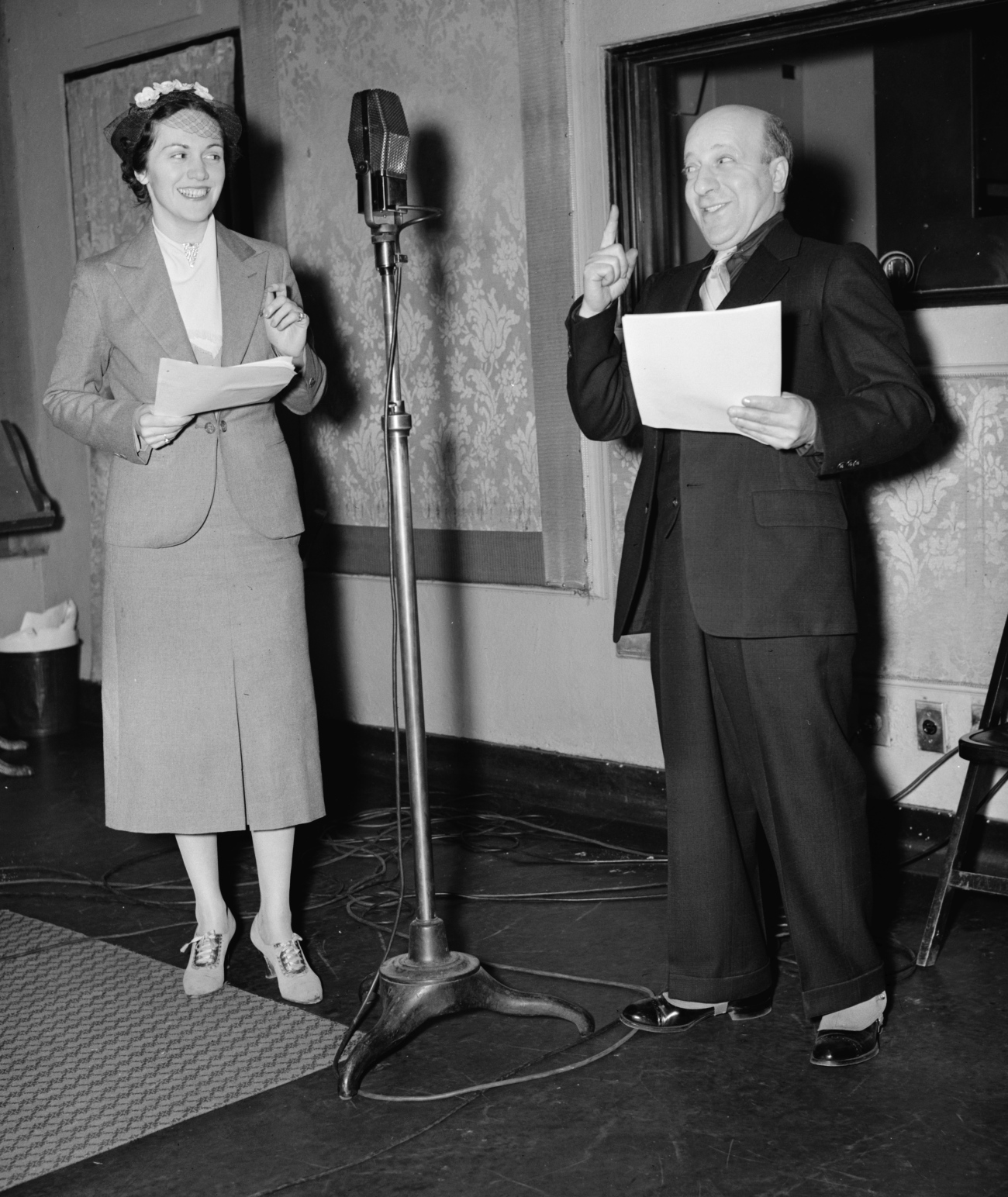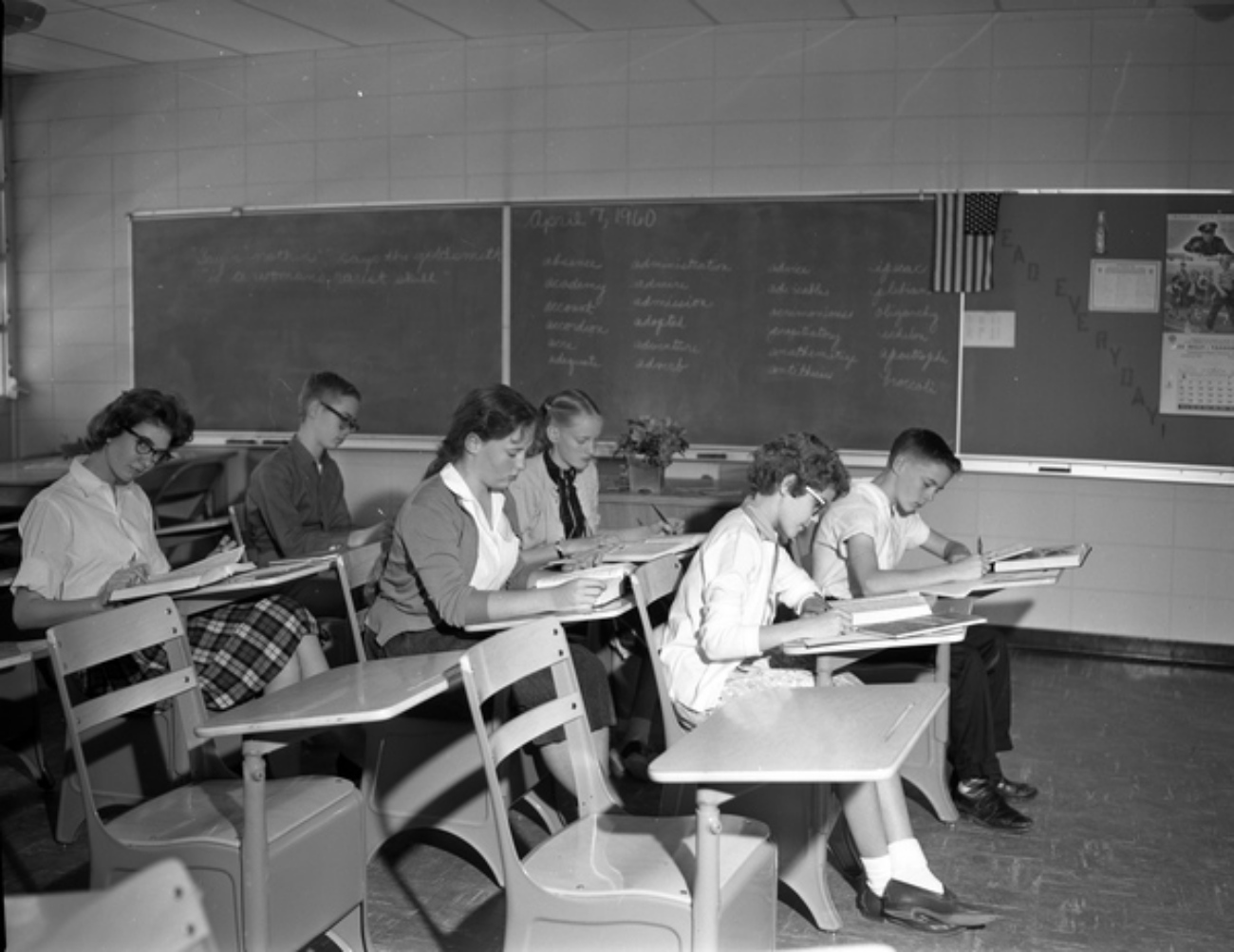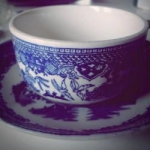Try saying “dong ding” or “tock tick”. Sounds really wrong doesn’t it? That’s because there’s an unspoken rule in the English language that makes it sound extremely incorrect to native speakers. This rule dictates how we use phrases that rely on repetitive sounds. Turns out you can’t just mix them up.

These repetitive phrases are known as reduplication words and are often (but not always) reserved for cute phrases or onomatopoeia, words that imitate the sounds that come from an object, being, or action (think back to the “tick tock” of the clock).
“Will nilly” is an example where the consonant at the beginning changes in the second word, while in examples like “sing song” the vowel of the second word changes. And, when it does the “i” word must come before the “o” word. If the second word uses an “a” instead the “i” word has to come before it, too.
If there are 3 words in the phrase then the order must be “i” “a” then “o”, as in “ding dang dong”. If the first word has “e” as its vowel then that goes first, with “a” word following, as in “hee haw” or “see saw”.

The list of reduplication words English speakers use on a daily basis is astounding. Hip hop, nitty gritty, flim flam, chick flick, hanky panky, fender bender, zig zag, tip top…they go on and on. We love to have that rhyming sound in our conversation.
These words and phrases are part of a huge body of knowledge about the English language that we never have to really talk about since we all already know these rules subconsciously. Most of us we never formally taught this quirk of reduplication words. Isn’t it funny how things go sometimes?

You may see these reduplication words hyphenated, since technically they are 2 words that have now become 1. But, the rules of punctuation have been shifting away from hyphens lately, especially for words that aren’t new or special, but which have been in use for quite some time.
SKM: below-content placeholderWhizzco for DOT

